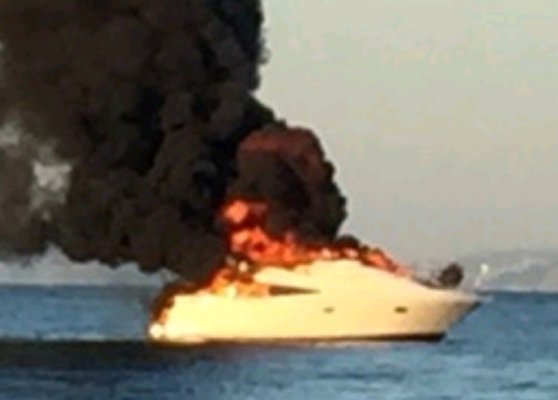Capt Kangeroo
Senior Member
Other than the longevity of diesel's, are there actually any meaningful advantages / disadvantages of one over the other. I have owned both and prefer diesels but really don't know much about them. I'm finding that the pickings are very slim in finding diesel powered yachts in the major North American brands so I'm thinking maybe I should take a serious look at gas.
Anyone have any thoughts / comments on this?
Anyone have any thoughts / comments on this?

